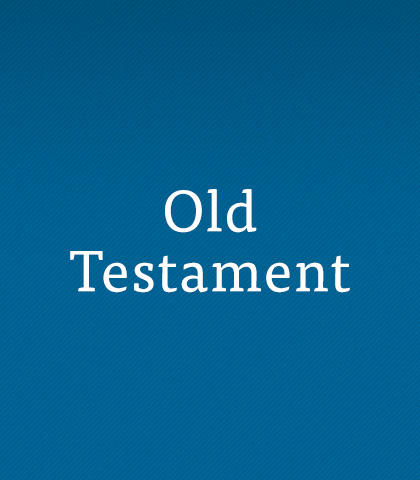The Final World Dictator
Dictators through the ages have always known this truth: many people will give up their freedom for security. At no time in human history will this be more evident than during the terrible time that will come when the Antichrist rules the world. The Bible speaks of this world dictator in great detail and challenges people to make a choice—accept freedom in Christ and the security of everlasting life, or seek temporary security in the Antichrist and suffer enslavement to damnation.


